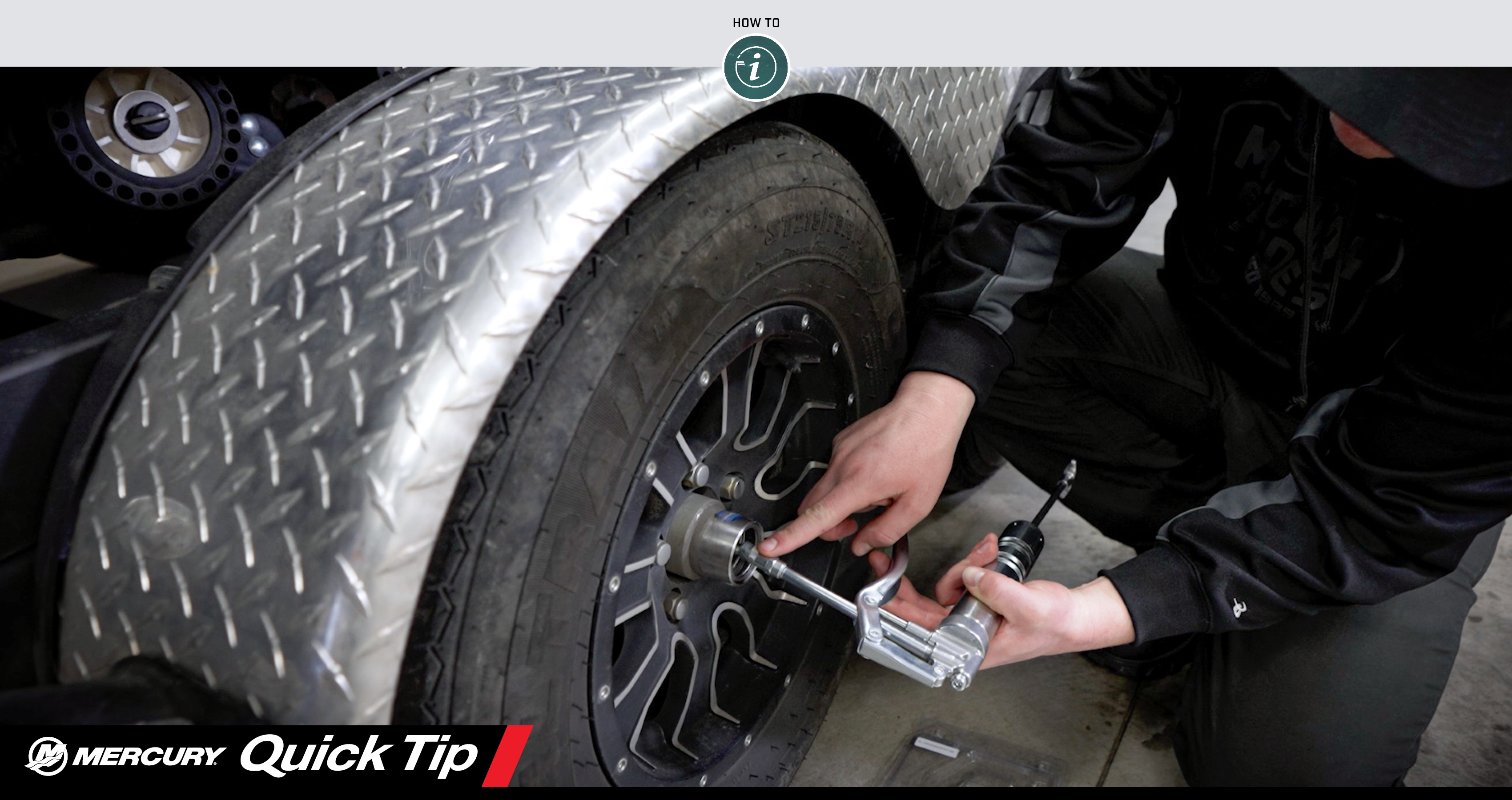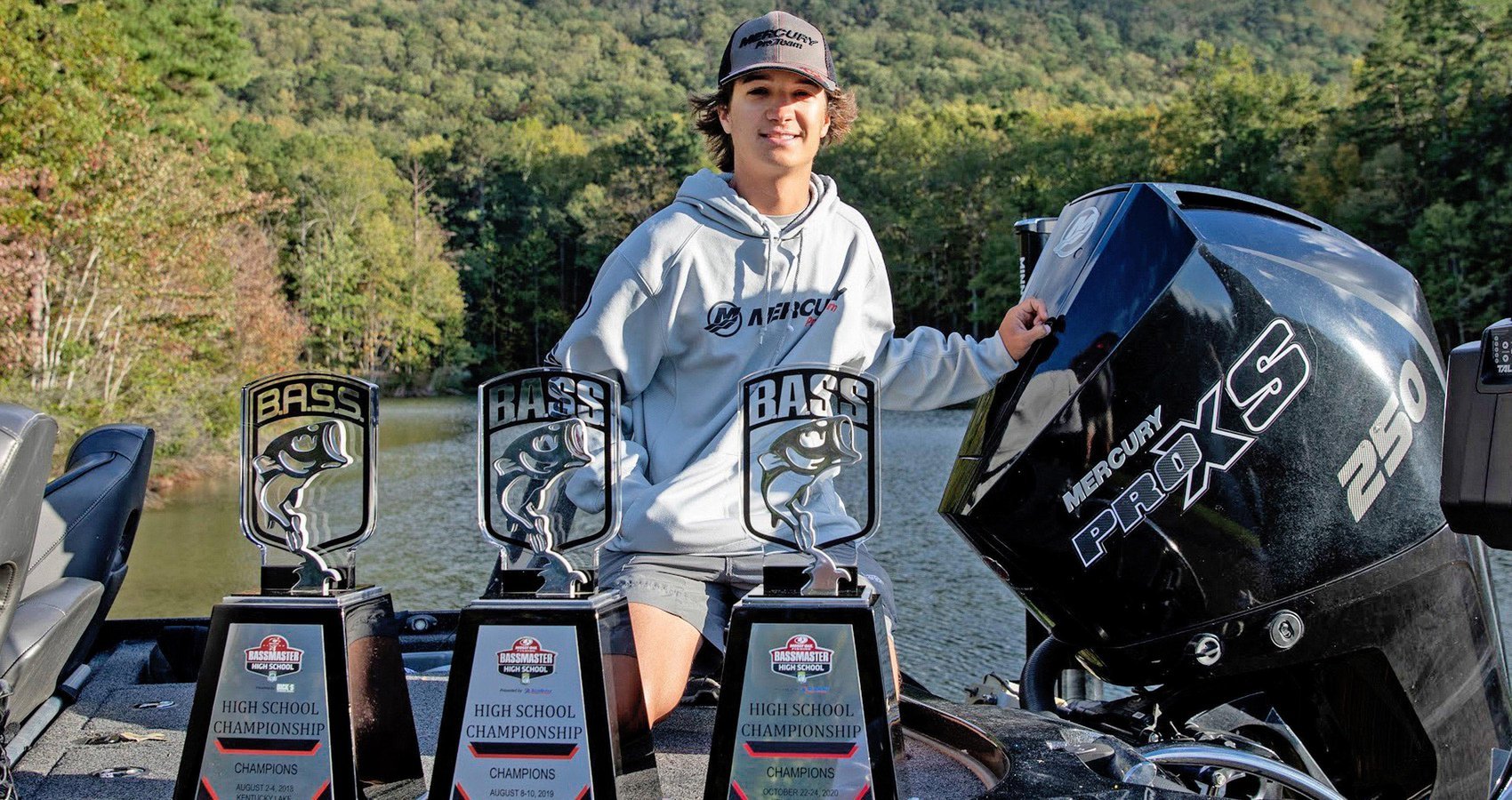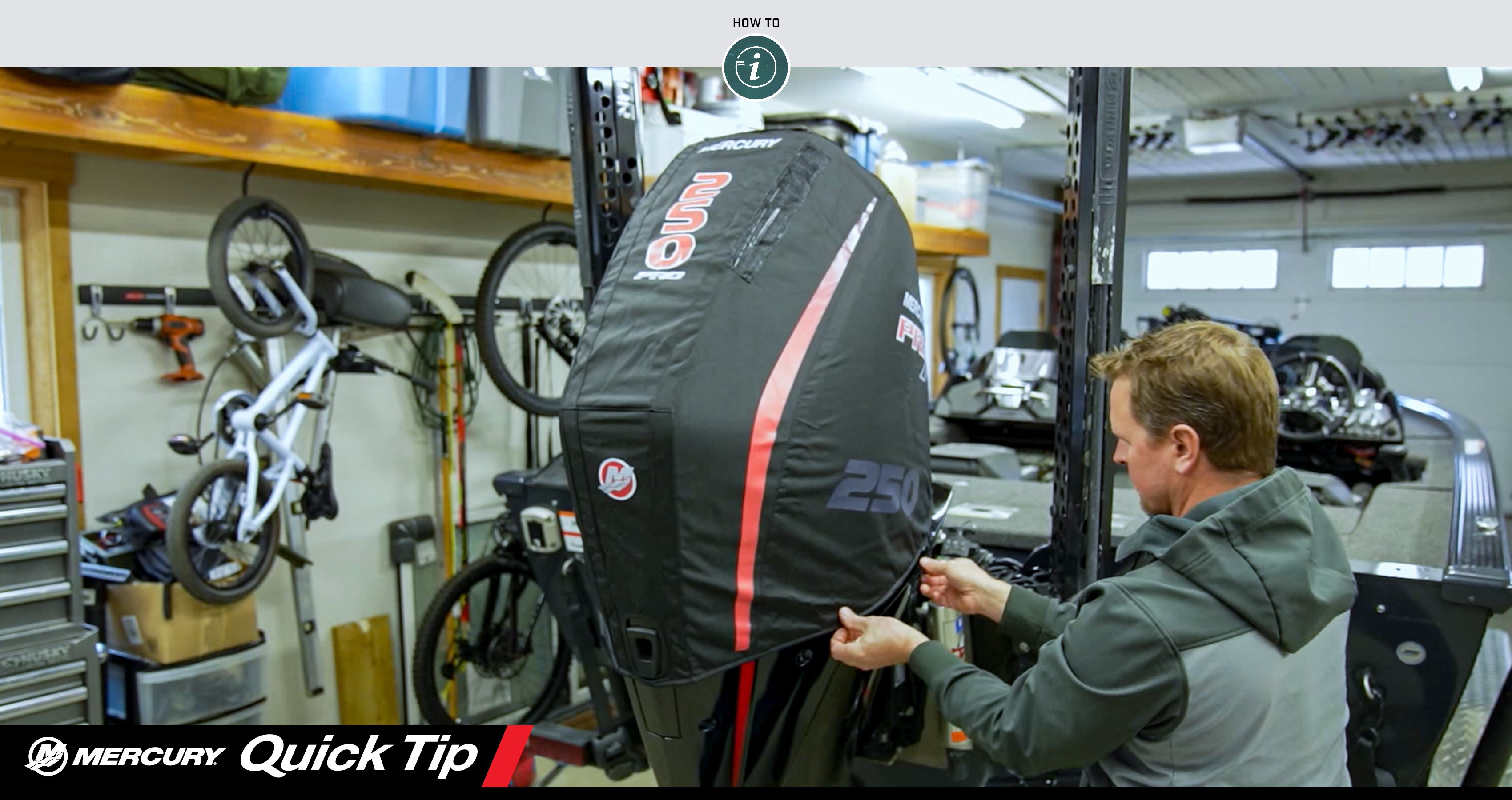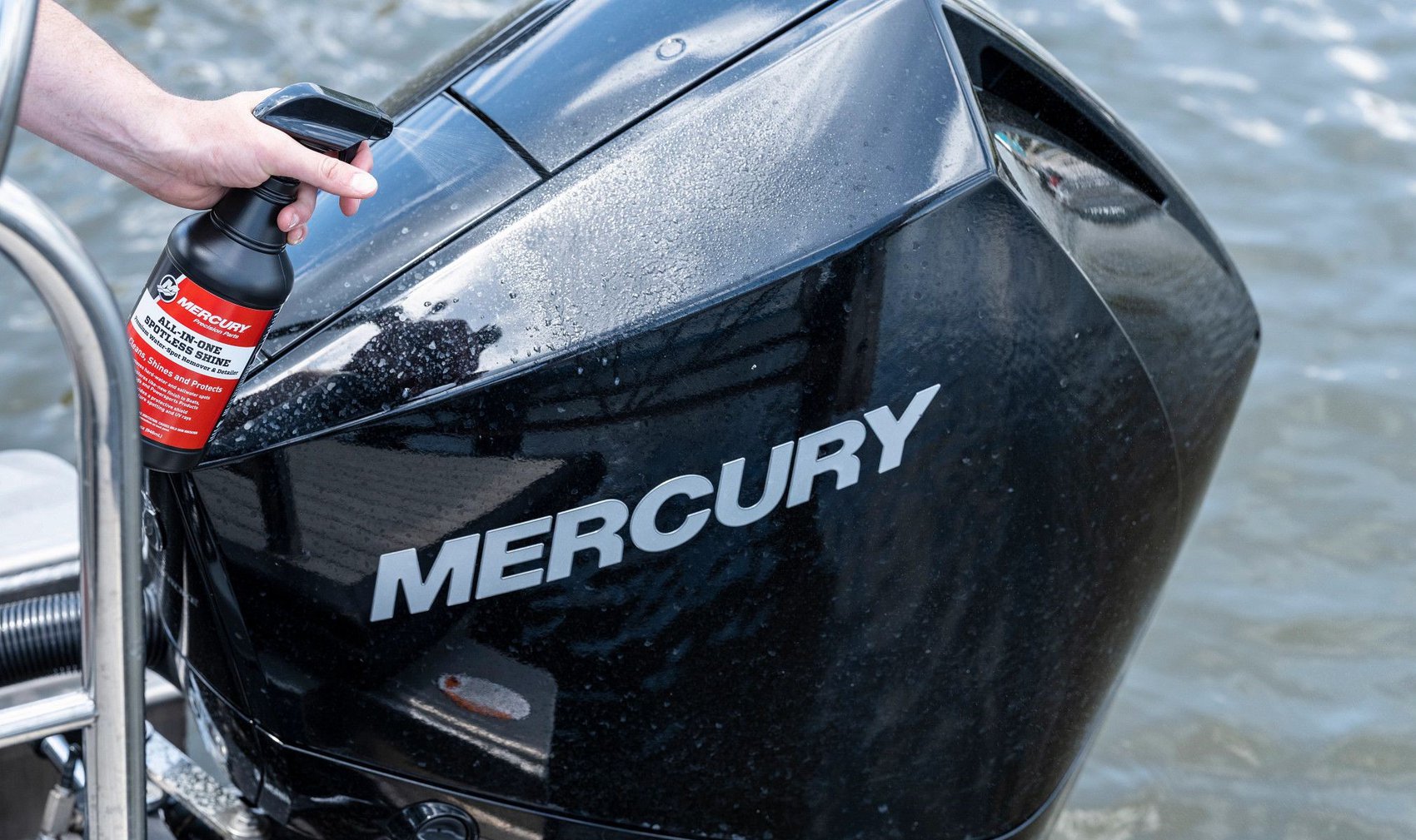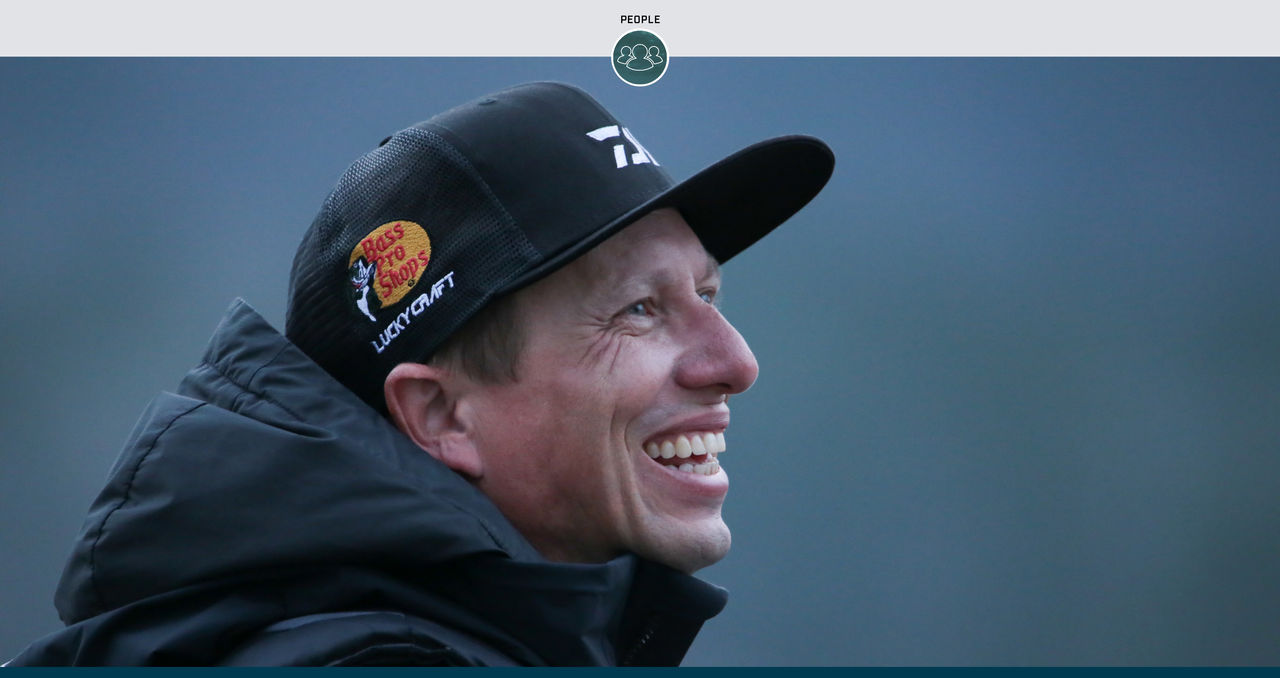The life of a professional tournament angler is fascinating. It looks pretty cool from the outside looking in, like the rodeo cowboy traveling from town to town following their passion and the promise of glory. Pro anglers see the country, fish new and beautiful lakes, and often make catching fish look easy come tournament day.
But there's much more to it. Making a career out of tournament fishing requires a lot of hard work, planning and dedication both on and off the water in order to succeed.
To help reveal what it’s really like to be a tournament angler, we reached out to a handful of bass pros at the end of the 2022 season and asked them a series of questions about their unique lifestyle.
Where do you prefer to stay while on the road?
Major League Fishing Bass Pro Tour angler Greg Vinson, of Wetumpka, Alabama: I love renting houses through Airbnb. We used to pack up in small hotels like sardines, but now, fellow Mercury pro Bradley Roy and I rent a house. We're at tournaments for over a week, and it starts to feel like home. I typically book them, but it's usually a winner when Bradley finds one or has a family or friend connection.
Bassmaster Elite Series angler Stetson Blaylock, of Benton, Arkansas: I've done it all over the years. Camping was the most fun when my wife and kids traveled with me, but it was also the most work. For the last couple of years, traveling without them, I have preferred to rent houses or cabins. Hotels are sometimes the only option, but that's not my preference.
Bass Pro Tour angler Brent Ehrler, of Redlands, California: Rental houses are always the best. It's nice to have space and the ability to cook and meal prep for the week with a full kitchen.
Bass Pro Tour angler Edwin Evers, of Talala, Oklahoma: I prefer rental houses. I started staying with Mercury Pro Team anglers Ott DeFoe and Andy Montgomery this year, and that has been awesome having friends around. I enjoy the camaraderie of eating together and hanging out during the week. It is so nice to have a road family, and a house helps that.
How do you stay in shape on the road?
Vinson: Fourteen-hour practice days do a lot for me and don't leave much time for anything else. I'm not a runner due to flat feet, but I really just try to eat healthier on the road. I will exercise at home.
Ehrler: Last season, I took my mountain bike and would ride during the week until I crashed and hurt myself. This season I've been jogging and walking to stay active. Pushups, situps and squats are also a big deal. Next year the bike will be going back on the road with me again.
Evers: I just try to eat healthy and go for a run on my off days.
Blaylock: Luckily, I have good metabolism and have maintained my health at home by working out. I don't have time to exercise much on the road, so eating and drinking healthy is the key. I like to have a shopping list ahead of time to help me eat healthy.
How do you pack enough tackle for long road trips?
Vinson: I'm pretty much a traveling tackle store on the road because you never know what you will run into. I carry more tackle than most anglers, so the biggest key is having a 3/4-ton diesel truck with a camper shell and a custom-built shelf that goes in the truck bed. I store everything in large bins or shoeboxes.
Ehrler: I have a system now of what I think I'll need for the season. I've been able to cull down to the bare minimum. Honestly, a well-rounded assortment of Lucky Craft and Yamamoto Baits tackle can get me through most situations.
Evers: The back of my truck is packed with everything I need. A camper shell is a big help to maximize what I can haul around. I also have a Rod Coffin storage container on the top of my truck, and I can put 30 to 40 rods in there, which saves a ton of space in the truck. Mercury Pro Team angler Britt Myers made a cool storage system in the back of my truck that also helps me maximize space. It's essentially a giant box that my Plano boxes fit in perfectly.
Blaylock: I'm honestly one of the simplest anglers out here. I have a couple of big tackle tubs I carry for largemouth fishing and a separate tub for smallmouth stuff. Mostly, it's all very simple, and I keep it simple on purpose. I've found when I pack a lot of random things, I don't end up using any of it.
Who do you rely on for help with mental health and the psychology of competition?
Vinson: Being able to call home to talk to Gaige (son) and Stephanie (wife) and tell them about my day is a big help. I also talk to Bradley Roy (roommate) a lot. We talk about ways we are struggling on the water and also off the water. He's living the same life I am, so that helps. We bounce ideas off each other, and that calms me down. Sometimes you can practice all day and feel like you've not accomplished anything and then come back just to find out it was just tough out there that day, and maybe Bradley struggled, too.
Ehrler: The mental side is very tough for me. My wife is very supportive, and I talk mostly with her. She's very positive and sends me some great devotionals on tournament days. That gives me a great mind frame to head out for the day.
Evers: I just try to stay grounded and know God is in control. I talk to Tuesday (wife) every day and also talk to Cade (son), which also helps. That helps me realize what's most important in life, and if I don't catch fish, it will still be OK.
Blaylock: I've always been strong mentally. I have a good relationship with some very knowledgeable, older and wiser people who have been through a lot and helped me develop my strength. My wife and I work together as a team, too. But most of all, I lean on my relationship with Jesus Christ no matter what I'm going through.
Related to the mental side of the job, how do you deal specifically with bad tournaments?
Vinson: A bad tournament is a punch in the gut because we pour so much into each event. We start preparing for a tournament as soon as it comes out on the schedule. We hit each event as hard as possible, so to go out and not perform is so hard on an angler. I've always been driven by failure, learning more from the bad events than the good. I look at failing as a motivating factor, and some of my best finishes have come in the next event right after a bad tournament.
Ehrler: The best way to get over a bad tournament is to not dwell on it. You have to be positive and know that it's just one bad tournament. You can't dwell on the past, but instead, stay positive and look forward to the next one.
Evers: I don't deal well with bad tournaments. It takes me quite a few days to get over one, but hopefully, I can get out and go fishing when I get back home. Catching a bunch of fish really soon after a bad tournament always helps.
Blaylock: This is year 14 for me. I've won tournaments, and I've finished last. Bad events used to eat me up because I was trying to impress so many people. Now, I can honestly say for a day or two on the way home, I will think through what I did wrong. I can tune in to the live Bassmaster broadcast, watch a few clips of the anglers who did well or talk to fellow anglers after the event. I can learn a lot that way and move on mentally.
Do you have any tricks for falling asleep before a big tournament day?
Vinson: As long as I have been doing this, you would think I would. Sleeping the night of a long hard practice day is easier because I am so worn out. Sleeping the night of an off day is harder. I am sponsored by Revital Outdoors, and their soft gels with melatonin help calm me down. Solid rest can be hard because the “hamster wheel” upstairs in my head gets spinning pretty good before a tournament.
Ehrler: Getting to sleep is really hard for me; I'm not the best sleeper. It takes me a long time to unwind. I typically try to eat dinner early, get in bed early and try to unwind. I know it's not the best, but I do watch movies on my tablet. Mindless action films help me fall asleep at night. I'm less engaged in a Marvel movie than a comedy or a movie with a plot I have to think about. I'll even wake up at 2 a.m. and have to watch an hour of television to fall back asleep before my 4 a.m. wake-up goes off.
Evers: I don't. Usually, I'm plenty tired, and it's not a problem.
Blaylock: One thing that helps is a sound machine app. When our kids were in their cribs, and we had a baby monitor and a sound machine in their rooms, it made steady "white noise." We got used to hearing that when we were sleeping, so now I have an app on my phone that makes that sound and helps me sleep.
So there you have it, a behind-the-scenes look at a few aspects of life on tour for members of the Mercury Pro Team. Want to know more about the pro fishing lifestyle? Find these anglers on their social media channels and give them a follow to keep up with their adventures.
